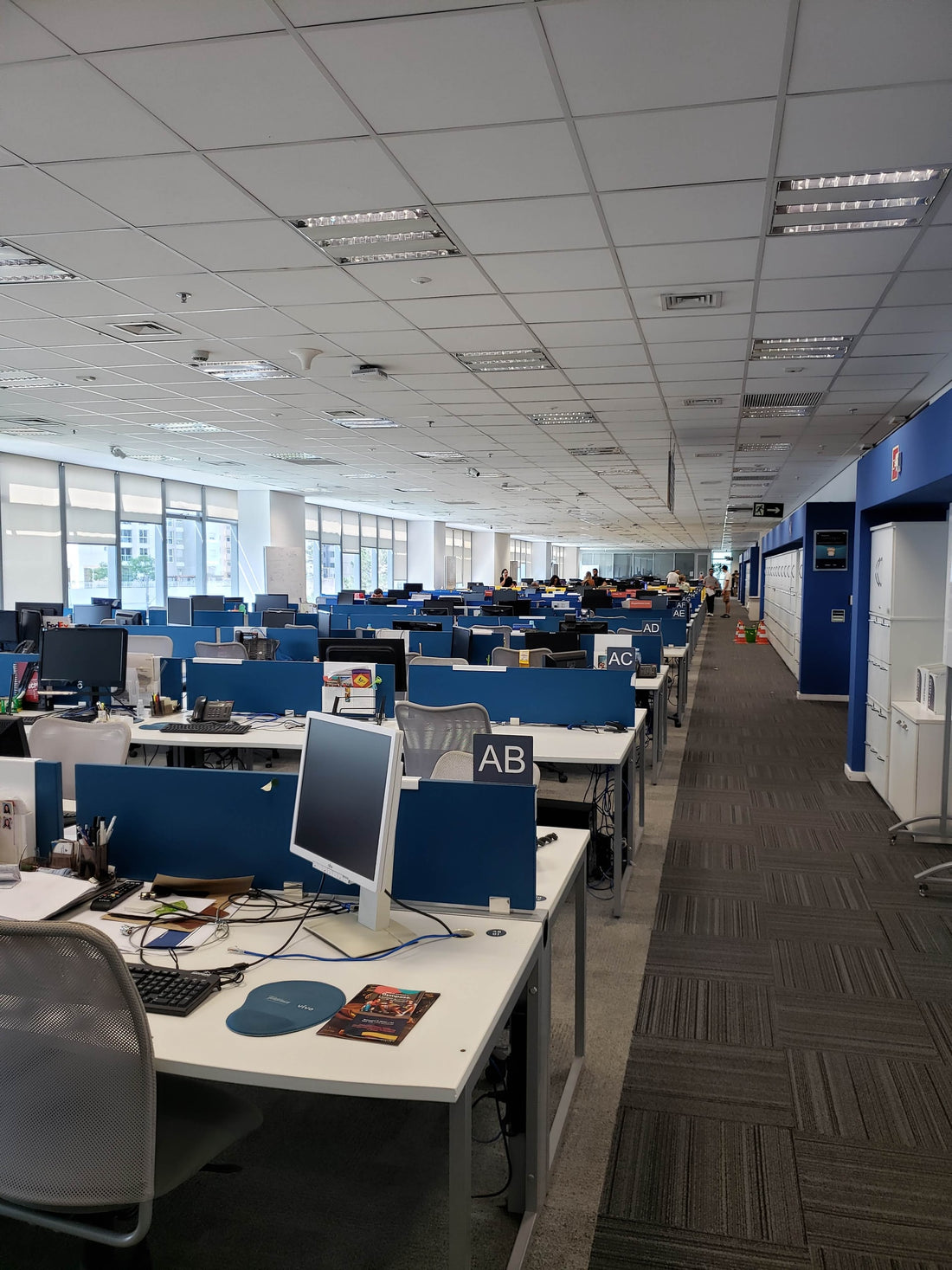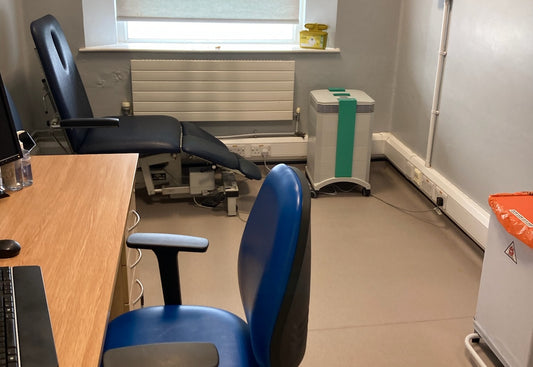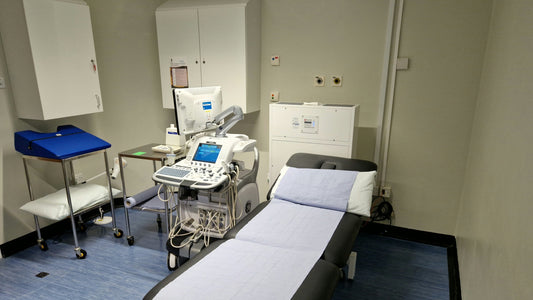A new study suggests that exposure to chemical pollution could be a particular problem in office environments that lack appropriate office air purifiers. Researchers in the United States have found a link between Polyfluorinated Compounds/ pfc pollution in the office in the air of a number of offices and their presence in the blood of the people working there.
Polyfluorinated Compounds are water and stain-resistant and they have been used for many years, for this reason, in a variety of everyday applications. These include:
- Non-stick cookware
- Windshield wash
- Carpet and furniture stain-protection coating
- Food-contact paper coatings
Because PFCs are also very resistant to degradation by heat and chemicals (which, of course, also makes them useful in their various applications), pfc pollution in the office does tend to accumulate in the environment. Their presence has long been noted in the air, water, wildlife, and the human body.
Does this matter? Research on exposure to PFCs in animals shows an impact on liver health, cholesterol levels, early development, and immunity. Animal studies have also shown an increase in liver, pancreatic, and testicular tumours on exposure to Perfluorooctanoic Acid (PFOA), one of the most studied of the PFCs. There is less evidence for adverse effects in humans but there is a suggestion that PFC pollution in the office is associated with lower birth weight, thyroid disease, and increased cholesterol levels. We also don't know too much about how PFCs get into the body. Exposure could occur through consuming PFC-containing food and water, and through breathing air containing the compounds, possibly adsorbed onto tiny dust particles.
In this new study, the researchers looked at the airborne route for PFC pollution in the office. Their participants were 31 office workers based in Boston. Their office buildings were classified as follows:
- Building A (six offices) – newly built, with new carpets throughout the hallway and offices, and new furniture, including upholstered chairs.
- Building B (17 offices) – recent partial renovation with new carpets, but no new furniture or paint.
- The rest of the office buildings – no new furniture or paint, no carpeted hallway, though offices themselves had carpet.
The researchers did regular air sampling (both particles and gas) and obtained blood samples from the workers, analysing them for a number of key PFCs.
One PFC, known as Fluorotelomer Alcohol (FTOH) was present in it's highest levels in the air of the new office building (building A), the next highest was in the renovated building (building B) and at it's the lowest level in the buildings that hadn't been renovated. The researchers believe that there is outgassing of FTOH from the new carpet, new upholstery and new paint. This gradual outgassing is well-known with formaldehyde.
In the body, FTOH does break down into PFOA, which was described above. Levels of PFOA in the blood were linked to levels of FTOH in the air. Exposure was linked to the amount of time the person spent in the office, with each extra hour resulting in an increase of 2% of the blood level of PFOA. The researchers also note that levels of FTOH are up to five times higher than have been previously noted in household air.
This is the first study to measure both environmental (air) and biological (blood) levels of PFCs. Therefore, exposure to PFCs in office air, particularly in new and renovated offices, is a potential health hazard (though we need to know much more about exactly what these hazards might be). The take-home message is that while a pleasant office environment is important, the new or renovated office may cause undue exposure to PFCs. Adequate ventilation and the use of office air cleaning solution is important (in this study, windows were closed most of the time and no air cleaning systems were used). Proper sampling of air quality and installing either free-standing or HVAC integrated air cleaning systems are recommended to protect the health of office workers.
To learn more about the best air filtration for your office environment, contact us anytime at 020 3176 0524 or info@commercialairfiltration.co.uk




